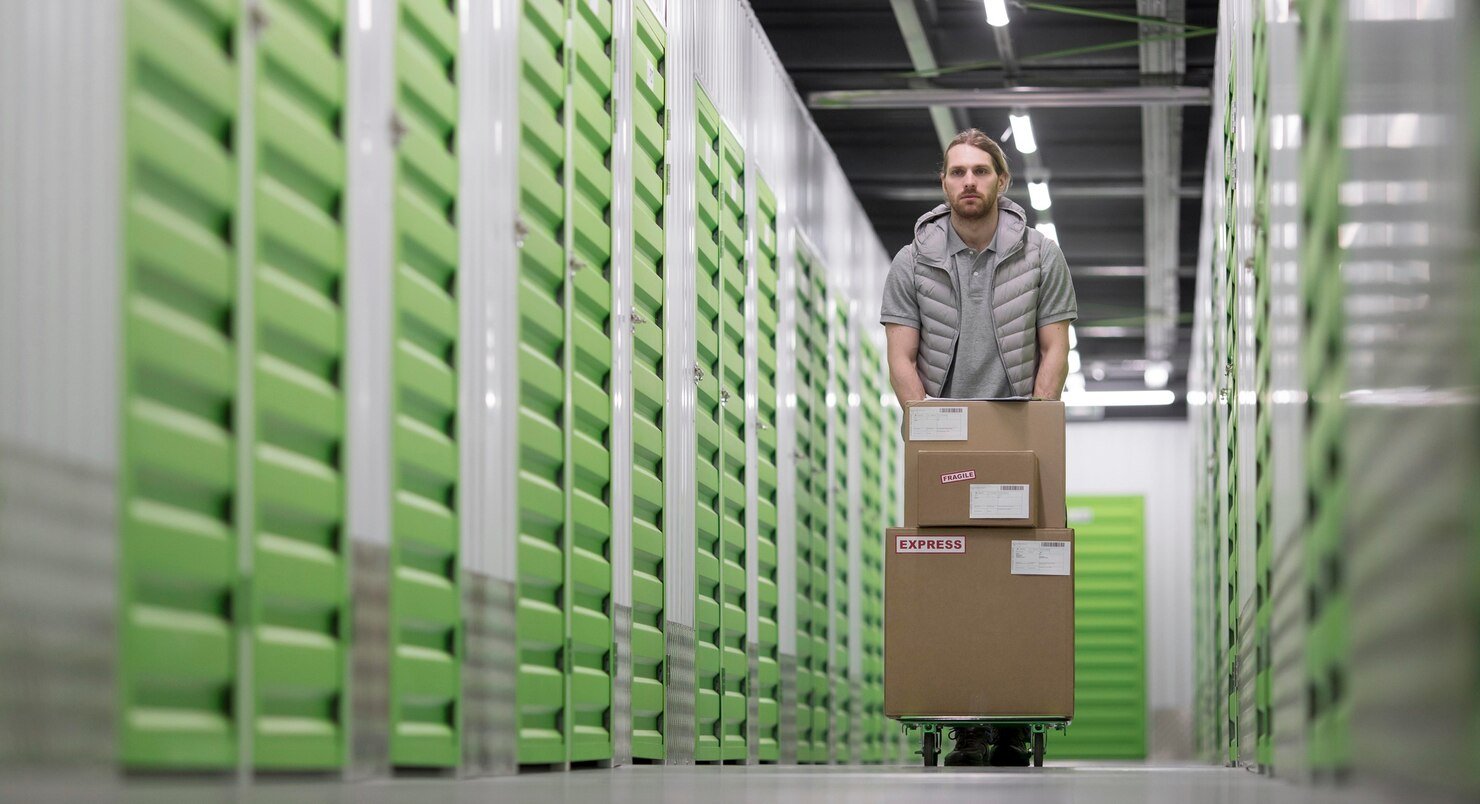Navigating Compliance in Pharmaceutical Healthcare Logistics
Navigating Compliance in Pharmaceutical Healthcare Logistics
In the complex world of pharmaceutical logistics, ensuring compliance with various regulations is vital to safeguarding public health. As healthcare logistics companies manage the transportation, storage, and distribution of sensitive pharmaceuticals, strict adherence to global and regional standards is required. This article explores the key challenges in compliance for pharmaceutical logistics and highlights best practices to ensure that every step of the supply chain meets regulatory requirements.
Understanding the Importance of Compliance in Pharmaceutical Logistics
Compliance in pharmaceutical logistics is not merely about following rules; it’s about ensuring that medicines reach patients safely and effectively. Pharmaceuticals are highly sensitive products that must be handled with precision, as any deviation from prescribed storage conditions can compromise their efficacy. Thus, healthcare logistics companies must follow strict guidelines to maintain the integrity of these products during transit.
Regulatory bodies like the FDA in the United States and the European Medicines Agency (EMA) in Europe have established stringent guidelines for pharmaceutical logistics. Non-compliance can lead to severe penalties, including fines, recalls, and potential harm to patients. Therefore, the importance of compliance in pharmaceutical logistics cannot be overstated.
Key Compliance Challenges in Pharmaceutical Logistics
1. Temperature Control and Monitoring
One of the biggest challenges in pharmaceutical logistics is ensuring that drugs are transported and stored within the correct temperature range. Many pharmaceuticals, especially biologics and vaccines, require a cold chain system where temperatures must be maintained between 2°C and 8°C. Deviating from this range can render the products ineffective or even dangerous.
Healthcare logistics companies must employ sophisticated temperature control and monitoring systems to ensure continuous adherence to the required conditions. This includes using refrigerated vehicles, cold storage facilities, and advanced sensors that provide real-time data on temperature conditions. Compliance requires not only monitoring but also having contingency plans in place in case of temperature excursions during transit.
2. Regulatory Variations Across Markets
Pharmaceutical logistics must adhere to regulatory requirements that differ across regions and countries. For example, what is considered acceptable storage or transport conditions in one country may not meet the standards of another. For pharma logistics providers working in multiple countries, navigating this regulatory maze can be particularly challenging.
Global healthcare logistics companies need to stay up-to-date with constantly evolving regulations in various markets. Failing to comply with local laws can lead to delays, seizures, or even destruction of products. This underscores the need for a solid regulatory compliance team that understands both international and local laws.
3. Data Integrity and Record Keeping
Pharmaceutical logistics companies must maintain accurate records of their operations. This includes detailed logs of temperature conditions, transit times, and handling procedures. Regulatory authorities often conduct audits and expect logistics companies to provide comprehensive documentation demonstrating compliance with all applicable regulations.
Data integrity is crucial, as inaccurate or incomplete records can lead to compliance issues. Healthcare logistics companies must invest in robust data management systems that ensure records are accurate, secure, and easily accessible for audits. Using digital tools for real-time tracking and monitoring can simplify this process and ensure that all compliance-related data is correctly stored and reported.
4. Handling Controlled Substances
Another compliance challenge in pharma logistics is the handling of controlled substances. These drugs are subject to even more stringent regulations due to their potential for abuse. Healthcare logistics companies must follow strict security protocols to prevent theft, tampering, or diversion of these products during transit.
Compliance in handling controlled substances includes maintaining chain-of-custody records, implementing tight security measures such as GPS tracking, and ensuring that all personnel involved in the logistics process are adequately trained in handling these sensitive products.
Best Practices for Ensuring Compliance in Pharmaceutical Logistics
1. Adopting Technology for Real-Time Monitoring
One of the most effective ways to ensure compliance in pharmaceutical logistics is by leveraging technology. Advanced temperature-monitoring systems provide real-time data, ensuring that pharmaceutical products are consistently stored and transported at the required temperature. These systems can send alerts in the event of deviations, allowing companies to take corrective action before a product’s efficacy is compromised.
GPS tracking is another vital tool in pharma logistics, particularly for high-value or controlled substances. Real-time tracking allows healthcare logistics companies to ensure the security of the cargo throughout its journey, offering complete visibility to all stakeholders involved.
2. Training and Certification of Staff
Ensuring that staff members are adequately trained is critical for maintaining compliance in healthcare logistics. Staff involved in the handling, storage, and transportation of pharmaceuticals must be fully aware of the regulatory requirements and procedures for maintaining product integrity.
Healthcare logistics companies should invest in continuous training programs and certifications to keep staff updated on the latest industry regulations and best practices. This includes training in Good Distribution Practices (GDP), Good Storage Practices (GSP), and handling of controlled substances.
3. Standardizing Procedures Across the Supply Chain
Standard Operating Procedures (SOPs) are essential for ensuring consistency and compliance throughout the pharmaceutical logistics process. SOPs must cover every aspect of the supply chain, including storage conditions, handling, transportation, and contingency planning for temperature excursions.
By standardizing procedures across the supply chain, pharma logistics companies can ensure that every team member follows the same protocols, reducing the risk of errors and non-compliance. Additionally, these procedures should be regularly reviewed and updated to reflect any changes in regulatory requirements.
4. Implementing Risk Management Strategies
Pharma logistics involves various risks that can potentially affect compliance, including equipment failure, transportation delays, and security breaches. Healthcare logistics companies must implement robust risk management strategies to mitigate these risks.
Risk assessments should be carried out regularly, identifying potential weak points in the logistics chain. Companies should also establish contingency plans to address potential issues, such as backup power systems for cold storage or alternative transport routes in case of delays.
5. Working with Experienced Partners
Many healthcare logistics companies choose to partner with third-party logistics (3PL) providers to help manage the complexities of pharmaceutical logistics. However, working with a logistics provider that is not experienced in pharma logistics can lead to compliance issues.
It is crucial to select 3PL partners with a proven track record of handling pharmaceuticals, particularly those that are familiar with the unique regulatory requirements of this industry. Partnering with experienced providers helps ensure that every aspect of the logistics process complies with regulatory standards.
The Role of Healthcare Logistics Companies in Ensuring Compliance
Healthcare logistics companies play a critical role in ensuring compliance throughout the pharmaceutical supply chain. Their expertise in managing cold chain logistics, handling controlled substances, and maintaining data integrity is vital to ensuring that pharmaceutical products are delivered safely and efficiently.
Pharmaceutical companies often rely on healthcare logistics providers to navigate the complex regulatory landscape. By partnering with logistics providers who prioritize compliance, pharmaceutical companies can focus on their core operations, secure in the knowledge that their products are being handled in accordance with all applicable regulations.
Conclusion
Compliance in pharmaceutical logistics is a complex but essential aspect of ensuring the safe and effective delivery of medicines. From temperature control and real-time monitoring to regulatory adherence and data integrity, healthcare logistics companies must navigate numerous challenges to maintain compliance. By adopting best practices such as staff training, technology integration, and standardizing procedures, pharmaceutical logistics providers can ensure that they meet all regulatory requirements, thus safeguarding both their business and the patients they serve.
In this rapidly evolving industry, staying up-to-date with the latest regulations and leveraging technological innovations will continue to be key factors in maintaining compliance and delivering pharmaceutical products safely and efficiently across global markets.
You might like to read: The Benefits of Working with Local Lighting Suppliers in Qatar






